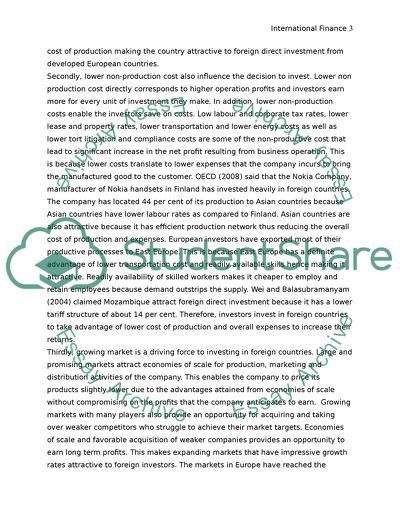Cite this document
(Foreign Direct Investment and Forwarding Contracts Assignment - 1, n.d.)
Foreign Direct Investment and Forwarding Contracts Assignment - 1. Retrieved from https://studentshare.org/macro-microeconomics/1740434-international-finance
Foreign Direct Investment and Forwarding Contracts Assignment - 1. Retrieved from https://studentshare.org/macro-microeconomics/1740434-international-finance
(Foreign Direct Investment and Forwarding Contracts Assignment - 1)
Foreign Direct Investment and Forwarding Contracts Assignment - 1. https://studentshare.org/macro-microeconomics/1740434-international-finance.
Foreign Direct Investment and Forwarding Contracts Assignment - 1. https://studentshare.org/macro-microeconomics/1740434-international-finance.
“Foreign Direct Investment and Forwarding Contracts Assignment - 1”, n.d. https://studentshare.org/macro-microeconomics/1740434-international-finance.


